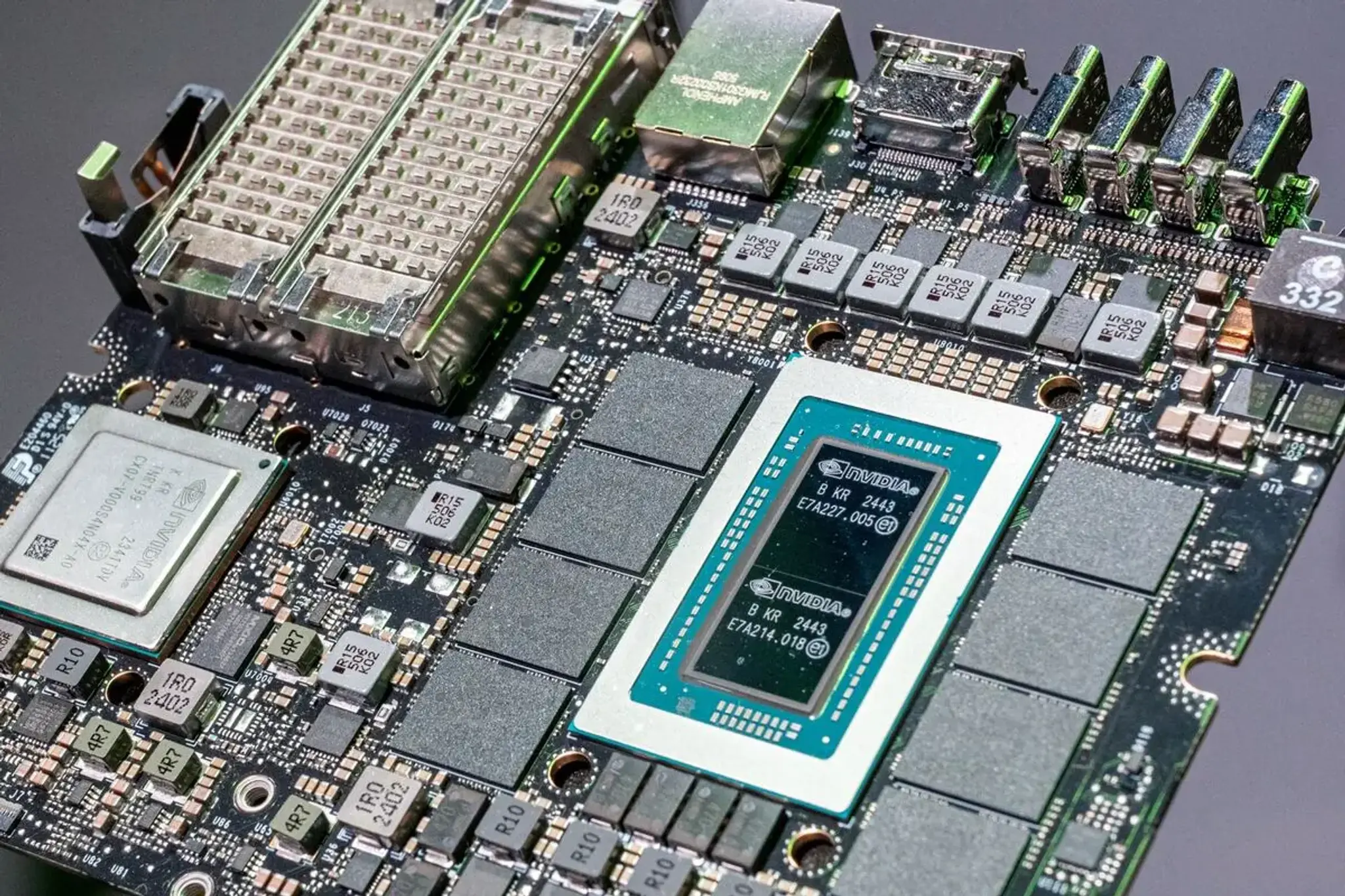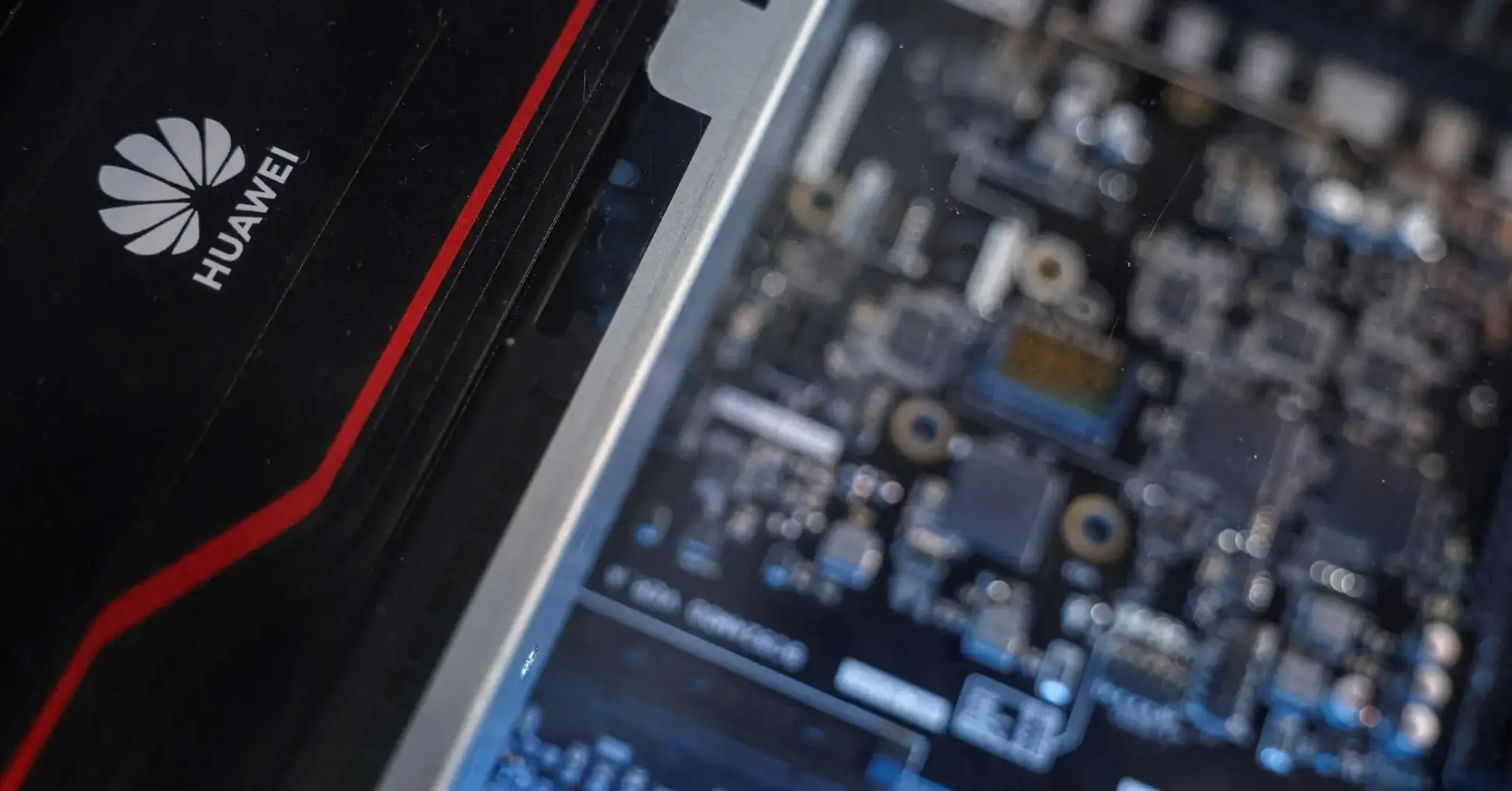Huawei is reportedly gearing up to mass-ship its latest AI chip, the 910C, to Chinese clients starting as early as next month. This move comes as China seeks alternatives to Nvidia's dominant AI solutions amid ongoing trade tensions and supply chain concerns. The 910C is an advanced AI accelerator designed to power a range of applications, from data centres to edge computing devices. Its release signifies Huawei's continued push into the AI sector, aiming to reduce reliance on foreign technology and bolster domestic capabilities.
The launch of the 910C could have significant implications for the AI landscape in China. With access to a domestically produced, high-performance AI chip, Chinese companies may be less vulnerable to disruptions in the global supply chain. Huawei's chip is expected to compete with Nvidia's offerings, potentially driving down prices and fostering innovation within the Chinese market. However, the true performance and capabilities of the 910C will only become clear once it is widely available and benchmarked against existing solutions.
This development highlights China's broader strategy of achieving self-sufficiency in critical technologies. By investing heavily in research and development, and by supporting domestic companies like Huawei, China aims to establish itself as a global leader in AI and other advanced fields. The success of the 910C will be a key test of this strategy, and its impact will be closely watched by industry observers worldwide.
Related Articles

Nvidia's Valuation Concerns Mount
Read more about Nvidia's Valuation Concerns Mount →
China Embraces Embodied AI
Read more about China Embraces Embodied AI →
Manychat's $140M AI Investment
Read more about Manychat's $140M AI Investment →
Sumitomo, SBI Invest in FPT
Read more about Sumitomo, SBI Invest in FPT →
